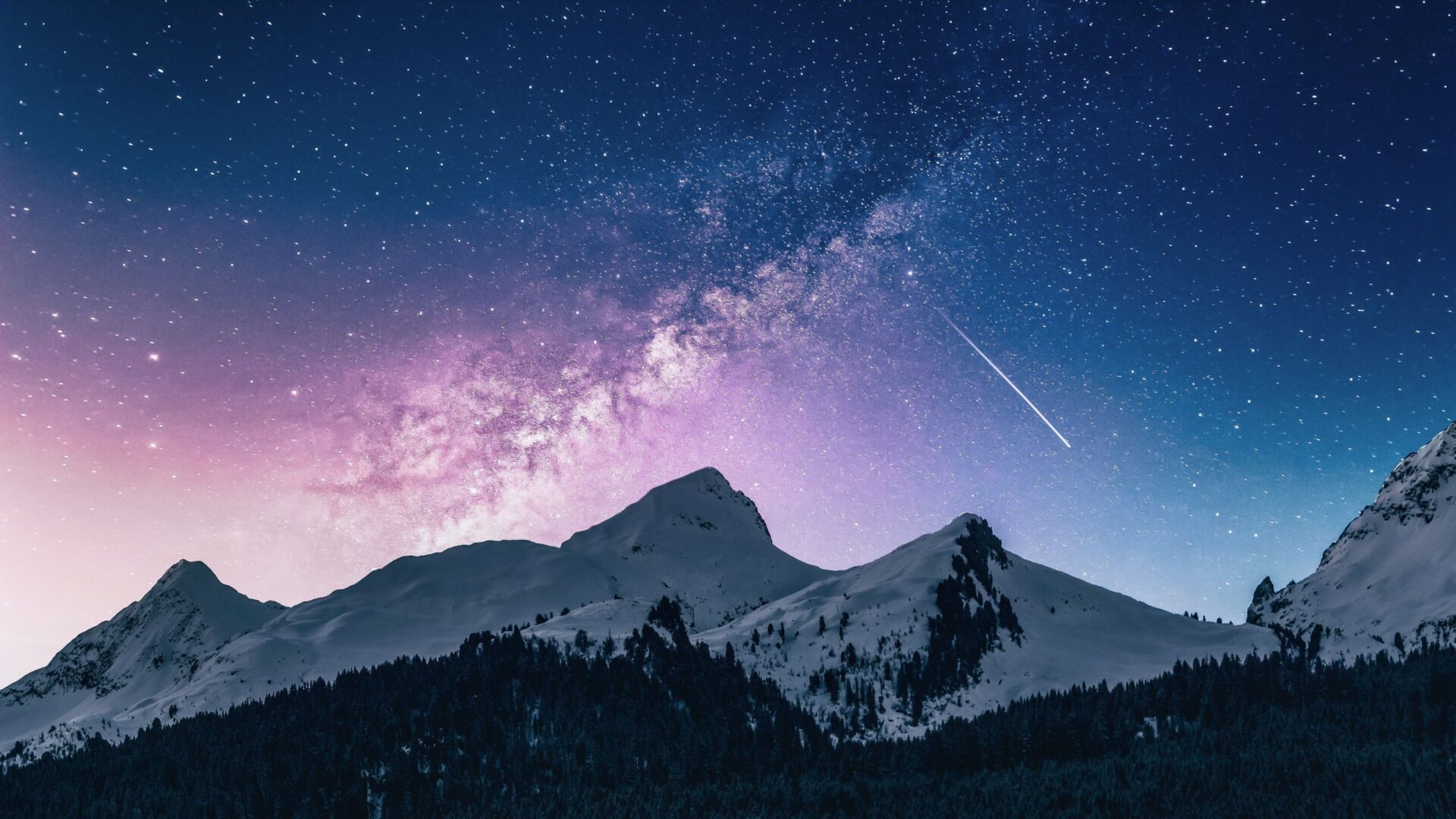Introduction
The Milky Way has always fascinated humans. It has been a source of inspiration and awe for many cultures throughout history. It is a reminder of our smallness in the universe, and the vastness of space. However, due to light pollution, many people are now unable to see the Milky Way, and this loss may have a profound impact on our psychological wellbeing. In this article, we will explore the relationship between peace in the human soul and the loss of a view of the Milky Way due to light pollution. We will also examine how a trip to the darkest place on earth can help heal our souls.
The Loss of the Milky Way and Our Identity
The Milky Way has always been a symbol of our place in the universe. It reminds us of our smallness and our insignificance in the grand scheme of things. The ancient Greeks believed that the Milky Way was a pathway to the gods, while the Navajo saw it as a trail of white cornmeal. For many, the Milky Way was a source of wonder and inspiration.
However, due to light pollution, many people are now unable to see the Milky Way. According to a study by the International Dark-Sky Association, more than 80% of people in the United States cannot see the Milky Way from where they live. This loss may have a profound impact on our psychological wellbeing.
The Milky Way serves as a reminder of our place in the universe. It reminds us that we are a small part of something much larger than ourselves. When we lose our view of the Milky Way, we lose this reminder. We may begin to feel disconnected from the universe and our place in it. This can lead to feelings of anxiety, depression, and a sense of meaninglessness.
The Loss of Darkness and the Impact on Our Sleep
The loss of darkness due to light pollution not only affects our ability to see the Milky Way, but it also impacts our sleep. The natural cycles of light and darkness are important for regulating our circadian rhythms. Exposure to artificial light at night disrupts our sleep patterns and can lead to a variety of health problems, including obesity, diabetes, and depression.
A study published in the journal Nature found that exposure to light at night suppresses the production of melatonin, a hormone that regulates sleep. This can lead to insomnia, difficulty falling asleep, and difficulty staying asleep. In addition, exposure to light at night can disrupt the production of other hormones, including cortisol, which can lead to a variety of health problems.
The Impact of Darkness on Our Mental Health
In addition to the impact on our sleep, the loss of darkness due to light pollution can also impact our mental health. Exposure to artificial light at night has been linked to an increased risk of anxiety and depression. A study published in the journal Science Advances found that people who live in areas with high levels of light pollution are more likely to be diagnosed with depression or anxiety.
The reason for this may be related to our evolutionary history. For millions of years, humans lived without artificial light. We evolved to sleep in darkness and to be awake during the daylight hours. Exposure to artificial light at night disrupts this natural cycle, leading to a variety of health problems, including anxiety and depression.
The Darkest Place on Earth and Its Power of Healing
Despite the widespread impact of light pollution, there is still hope. There are still places in the world where one can experience true darkness. The darkest place on earth is the Atacama Desert in Chile. This desert is one of the driest places on earth and has very little light pollution. As a result, it is the perfect place to experience the healing power of darkness.
The darkness of the Atacama Desert has a profound impact on the human soul. It allows us to reconnect with the universe and its Creator again.



